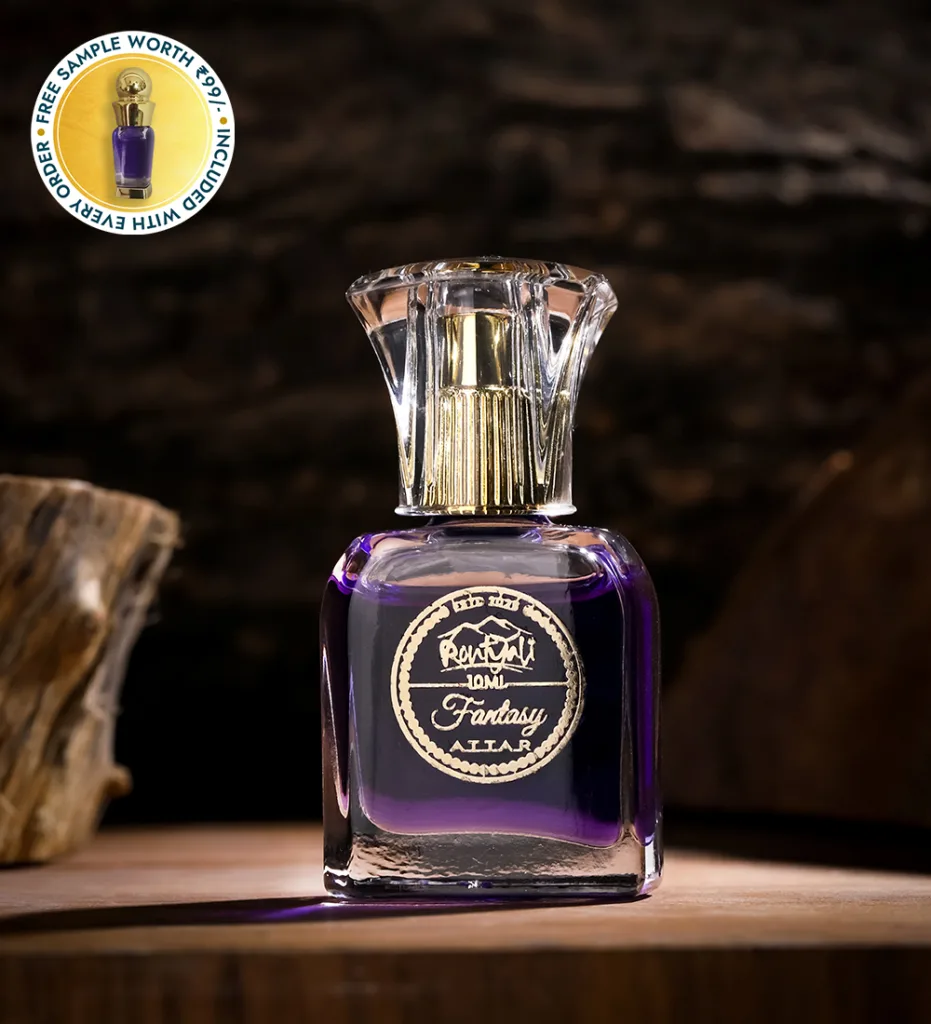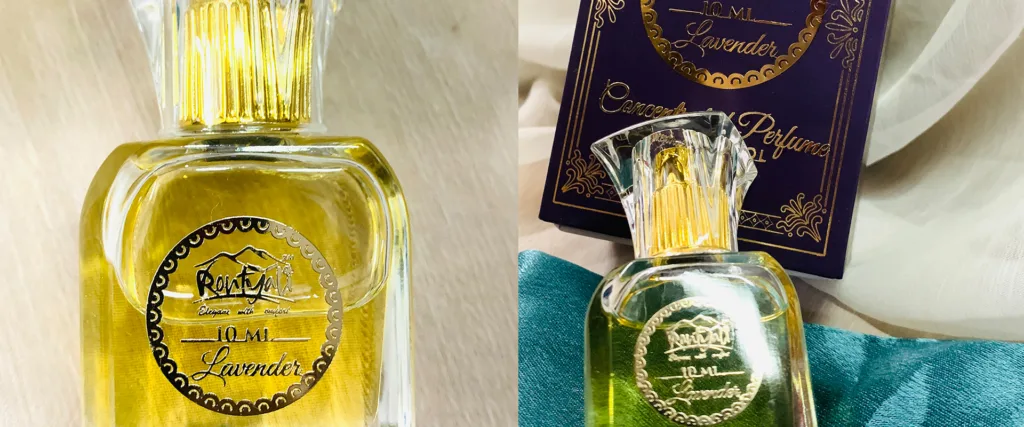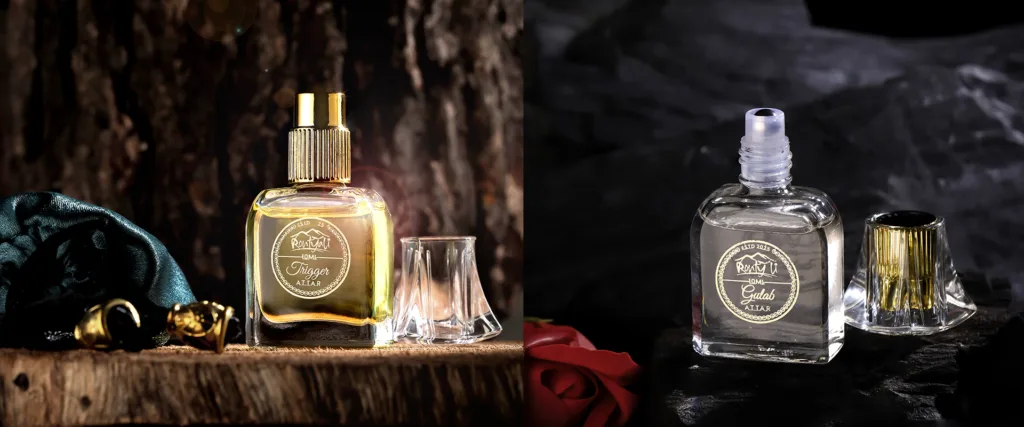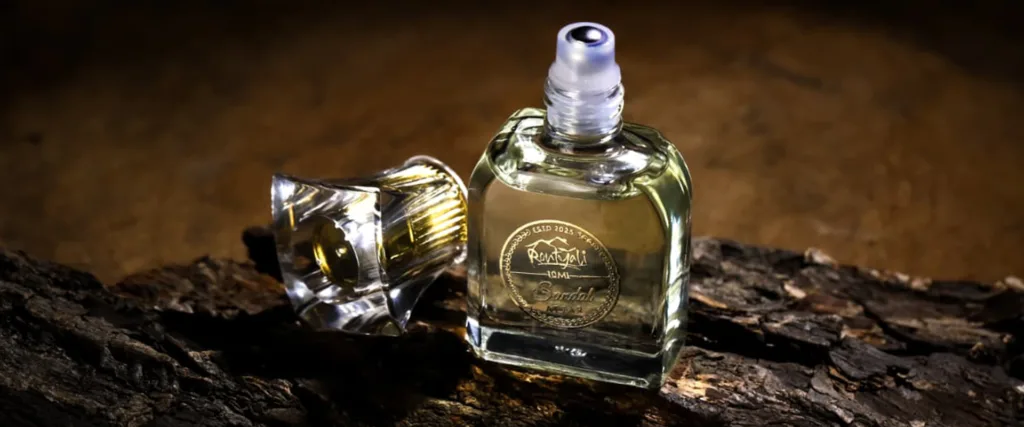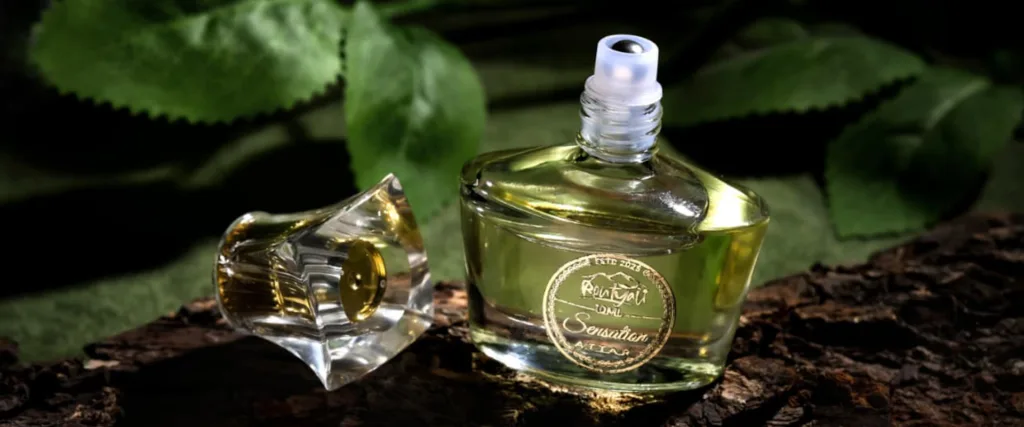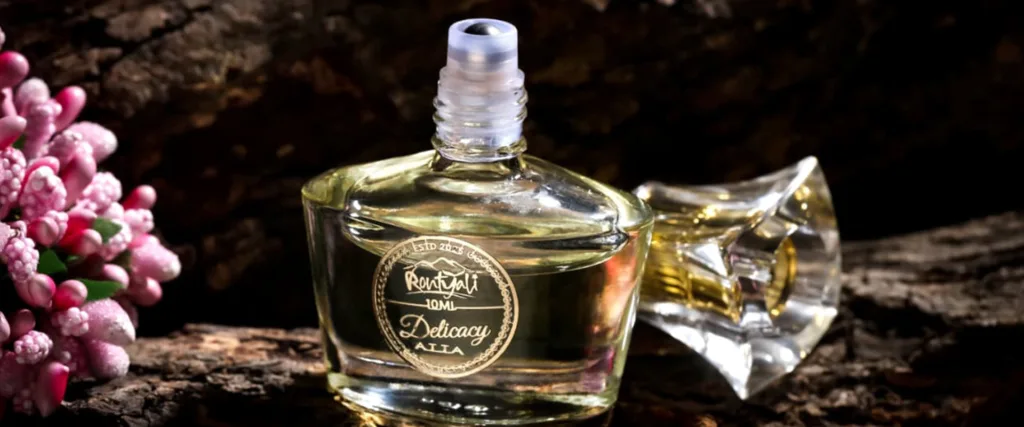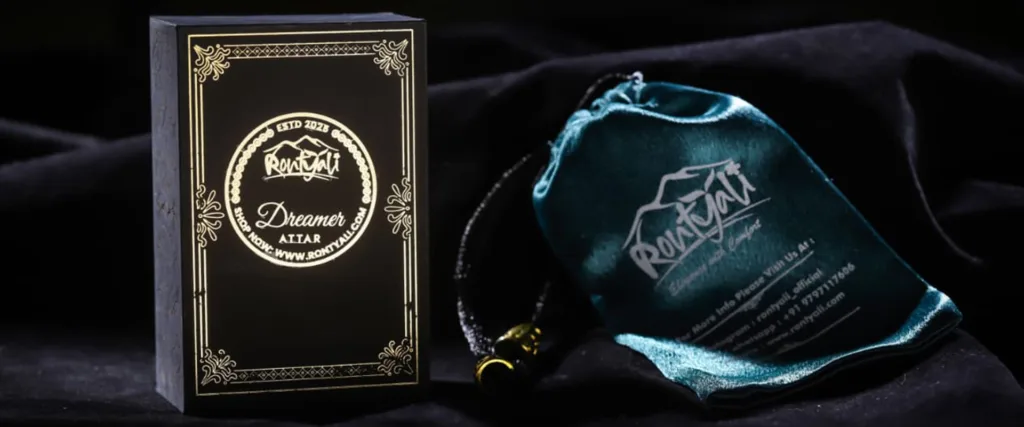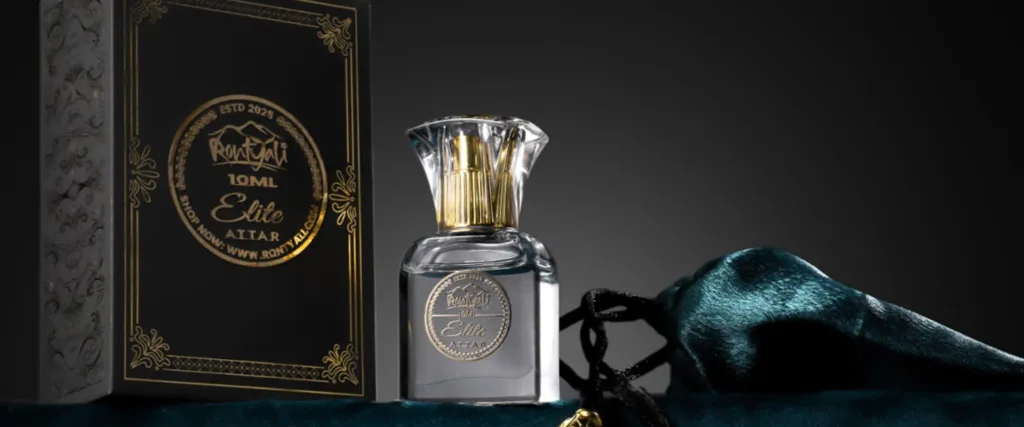
Blog
The Cultural Legacy of Rontyali Attar | Rooted in Heritage
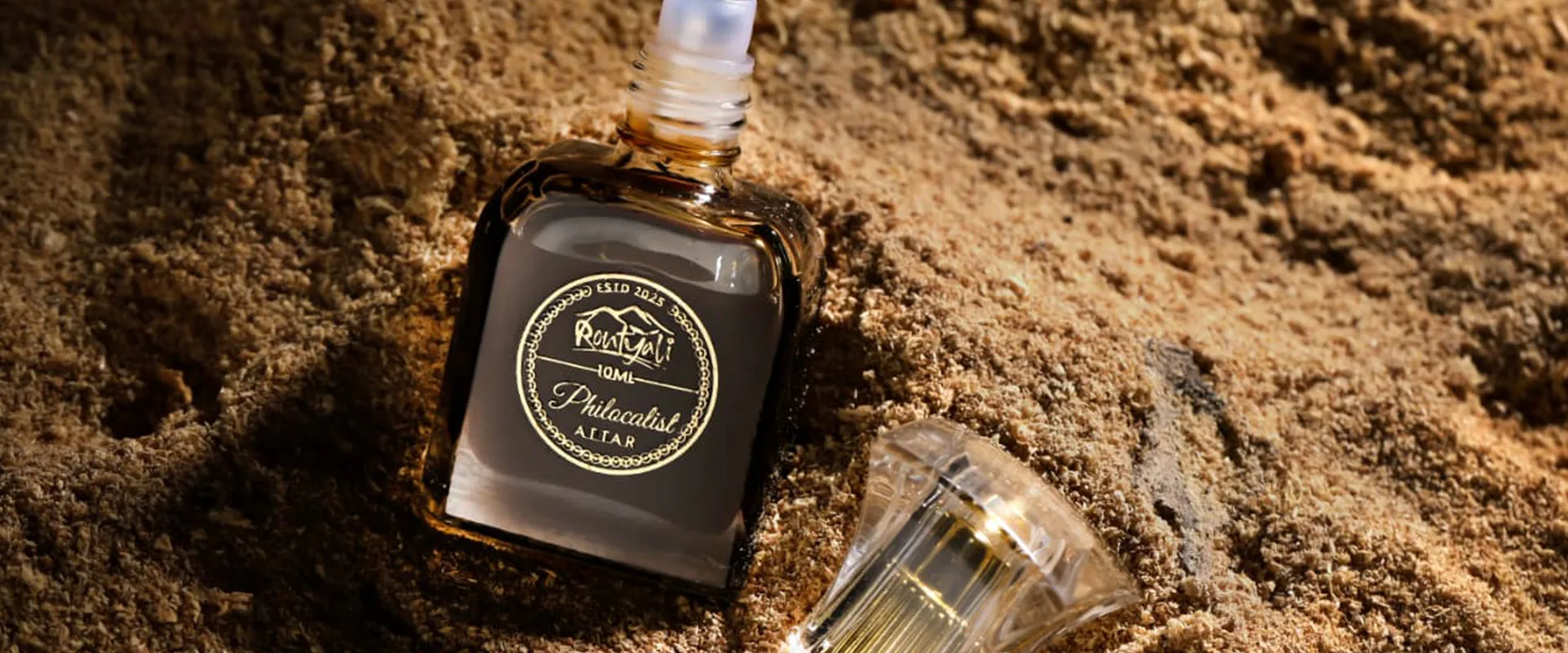
In every culture, there exists a scent that preserves memory, evokes ancestry, and carries the spirit of continuity. Rontyali Attar is more than just a fragrance—it is a living heritage, a chronicle of ancient rituals, and a reminder of the enduring power of tradition. Rooted in centuries of craftsmanship, Rontyali Attar embodies the soul of perfumery that has shaped civilizations and continues to resonate with modern connoisseurs of luxury scents.
The Birth of Attar: A Fragrance Steeped in Antiquity
Long before synthetic perfumes and designer bottles, attars were the prized treasures of ancient civilizations. Originating in the sacred lands of India and Persia, these natural essences were considered divine gifts. Ancient scriptures and carvings reveal their role in coronations, spiritual rituals, and holistic healing.
The Mughal emperors, for instance, would immerse themselves in rose attar to cleanse their spirit, while Ayurvedic texts prescribed sandalwood oil to calm the mind and balance the soul. Carrying this lineage forward, Rontyali Attar preserves the age-old distillation methods and rare ingredients once reserved for royalty and sages.
The Legend of Rontyali: From Myth to Masterpiece
According to legend, Rontyali Attar was born in Kannauj—India’s perfume capital—where a mystic perfumer sought to capture the soul of the land. Under the moonlight, he blended wild jasmine, sacred sandalwood, and resinous oudh, distilling them through copper stills with the traditional Deg and Bhapka technique.
The result was a fragrance so unique that it was said to awaken forgotten memories. Though the perfumer’s name is lost to time, his legacy survives through Rontyali Attar, a perfume that bridges myth and reality while retaining its authenticity through centuries-old practices.
Cultural Threads: Attars in Daily Life
Throughout history, attars have been woven into daily life, spirituality, and luxury:
Rituals: Hindu brides wore jasmine attar for blessings, while Sufi mystics burned oudh for spiritual transcendence.
Royalty: Persian queens perfumed their gloves with rose oil, while Ottoman sultans filled their palaces with amber.
Healing: Ayurveda and Unani medicine used vetiver and spikenard attars to heal the body and mind.
Rontyali Attar continues this tradition with a carefully curated blend of Damascus rose, aged sandalwood, and smoky oudh—each note a cultural emblem carrying centuries of meaning.
Rontyali Today: Preserving a Fading Art
In today’s age of mass-produced perfumes, Rontyali Attar stands as a guardian of authenticity and craftsmanship. Generational artisans carefully prepare each batch using roses from the same Kannauj fields once favored by Mughal emperors and oudh harvested from Aquilaria trees nurtured over decades.
Yet, Rontyali Attar is not bound by the past—it adapts gracefully to the present. Its timeless essence now graces modern vanities, fashion runways, and luxury collections, proving that heritage and contemporary elegance can coexist seamlessly.
Why Rontyali Attar Matters in the Modern World
In a fragmented and fast-paced world, Rontyali Attar offers continuity, identity, and meaning:
Identity in Scent: A drop of sandalwood recalls sacred temples, while rose evokes ancient poetry and love.
Sustainability in Craft: Small-batch production honors the Earth and follows traditions that reject waste.
Luxury with Purpose: True luxury lies in the preservation of culture and beauty, not in fleeting excess.
Carry the Torch of Tradition
To wear Rontyali Attar is to embrace centuries of artistry, patience, and devotion. Every drop carries the whispers of mystics, the elegance of emperors, and the dreams of civilizations. When you wear this fragrance, you do not just wear a perfume—you wear history itself.
Embrace the Legacy of Rontyali Attar
Are you ready to become part of this timeless story? Discover the exquisite collection at www.rontyali.com and let Rontyali Attar connect you with the past, while adorning your present.
Rontyali Attar: Where every drop is a dialogue with history.

